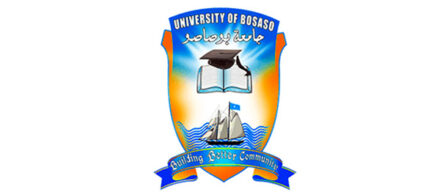FACULTY OF HEALTH SCIENCES
November 2, 2023 2023-12-09 13:01FACULTY OF HEALTH SCIENCES
Message from the dean
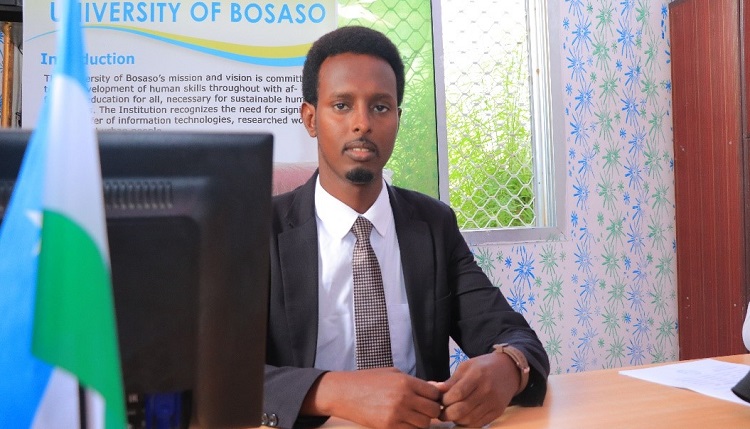
Welcome to Faculty of Health Sciences of university of Bossaso, the Faculty was established on 3rd September, 2012. Over the years we have trained thousands of health and medical specialists who are spread across the world.
The faculty offers both regular and virtual undergraduate programs in Clinical Officer, medical laboratory, clinical Nursing, Midwifery, Pharmacy, Nutrition and food science and public health. The Faculty of Health Sciences has been playing a leading role in providing health care in East and Central Somalia regions through vigorous training of both regular and virtual undergraduate students and continuous research in day-day health issues. The faculty is also playing a leading role in advising the government on how to combat Covid- 19 pandemic and other diseases.
I will lead the Faculty as it trains the next generation of health professionals and researchers in keeping with its trademark spirit: together we will continue to teach our students to consider their patient’s psychological and social backgrounds, and not just their medical problems. Our mission is:” To provide quality medical education for optimal health care through research, innovation and utilization of knowledge, attitude and skills.”
Dr. Yusuf Mohamud Abdisalam
Department Of Nutrition and Food Science
BSC in nutrition and food is a far-reaching discipline that applies the pure science subjects of chemistry, biology, nutrition, biochemistry and microbiology, to the study of the nature, properties and composition of foods and the changes which they undergo during storage and processing.
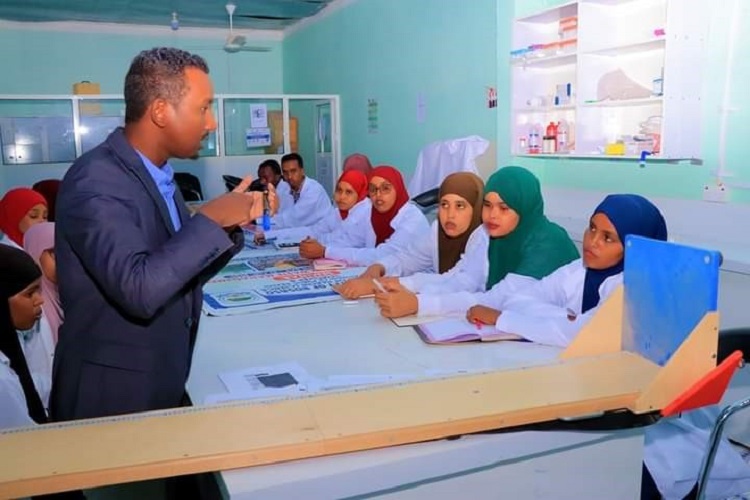
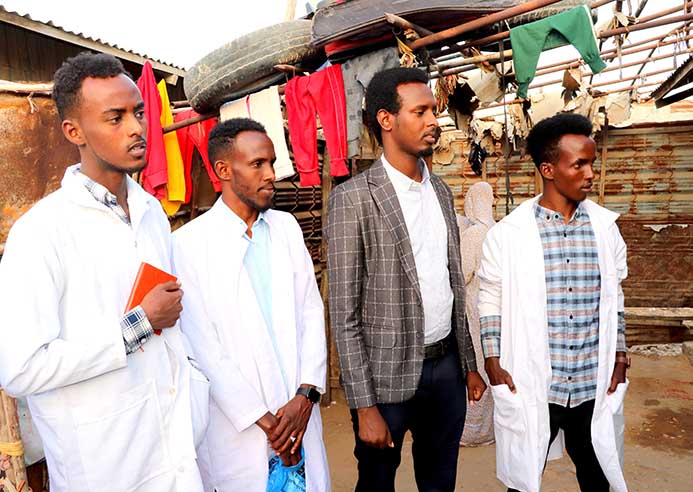
Department of Public Health
BSC in Public health is the science of protecting and improving the health of families and communities through promotion of healthy lifestyles, research for disease and injury prevention and detection and control of infectious diseases. Overall, public health is concerned with protecting the health of entire populations.
The study of public health stems from the need to educate and keep large groups of people healthy in a way that individualized medicine cannot. A Bachelor’s in Public Health is an undergraduate degree that mostly focuses on the 4 P’s of public health: Prevention, Promotion, Protection, and Population-based care, and provides an individual with the skills needed to enter into a wide variety of fields within public health. tends to attract individuals more interested in the socio-cultural, socio-economical, and health policy aspects of public health. Students typically specialize in social sciences and public health. Curriculum usually revolves around biology, human behavior, sociology and psychology, and health-related topics. In general, the courses will teach preventative health theory, health education, cultural competency, and how to:
- Understand data and turn it into information for action
- Conduct community needs assessments
- Plan, implement, and evaluate health programs
- Assess and address health literacy
Communicate with individuals with varied backgrounds, cultures and ethics and Professionals working within the public health vertical have a variety of responsibilities, dependent on their education level. From working within small communities or towns to advancing global public health and wellness to teaching public health courses at a college, the opportunities are vast.
Ready to join? Call +252-90-7796670 or email: info@uob.edu.so
Department of Nursing
Nursing is a healthcare profession focused on the care of individuals, families and communities so that they attain, maintain or recover optimal health. During the course students will be taught how to work in large variety of specialties where they work independently or as part of team to assess, plan implement and evaluation patient care. This degree program equips students with the knowledge, skills and experience needed to provide patients with high-quality healthcare. The classroom instruction usually includes lectures and laboratory research. Scholars may take courses in health, natural and social sciences. Specific course topics may include an introduction to psychology, microbiology, general chemistry, and anatomy and physiology. Some programs prepare participants for different careers paths, such as becoming a registered nurse.
Graduates with a BSc in Nursing have typically earned strong communication and critical-thinking skills, which can help them, launch their nursing career. Additionally, an attention to detail is often developed, which is a skill graduates can use in all areas of life. There is usually a high demand for professionals in the nursing field. Becoming a registered nurse or licensed practical nurse are common career paths for graduates. Other nursing jobs include family nurse practitioner, certified nurse midwife, psychiatric nurse, pain management nurse and pediatric nurse practitioner. Individuals can often find employment with government agencies, community clinics, acute care centers, outpatient offices, long-term care facilities and hospitals. The rise in the aging population is creating a high demand for nurses. With this demand, there is generally increased competition for jobs. Career path you can choose after the course.
- Clinical Nurse Specialist
- Certified Nurse Midwife
- Case Manager
- Administrator/staff Nurse
- Nurse Anesthetists
- Nurse Educator/practitioner
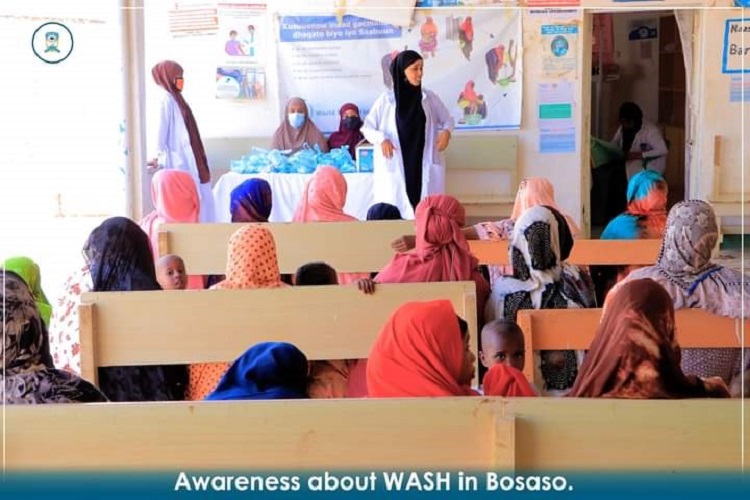
BSC Nursing
Year 1 | Pre-clinical / Health sciences topics with other Health Sciences students |
Year 2 | Nursing topics and practice |
Year 3 | Nursing topics and practice |
Year 4 | Nursing / 2 semester full-time practice (intensive clinical experience), final examinations |
Department of Medical Laboratory
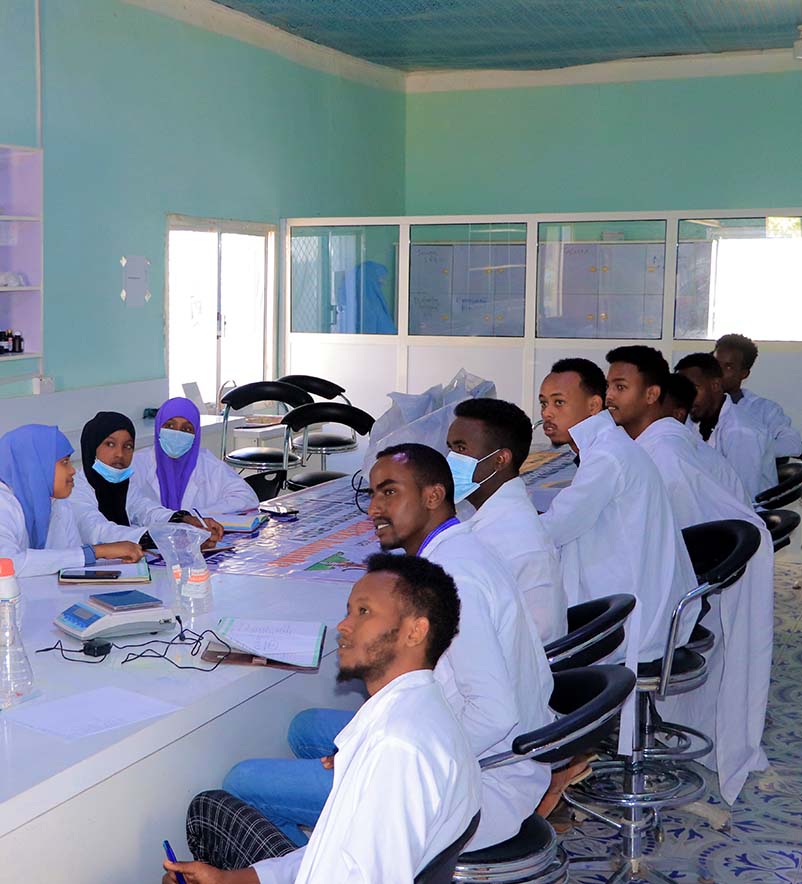
A BSc (Bachelor of Science) is an undergraduate program that can lead to a career in the student’s field of study. The majority of classes are based around technology or science-related topics, collecting and analyzing samples such as body tissue, fluids, and other substances. Each program varies but students will often study topics such as biology, chemistry, math, microbiology, statistics, lab management, and lab safety procedures. Students will also learn how to operate cell counters, microscopes, computerized instruments, and other laboratory equipment. Students who pursue a medical laboratory degree benefit in that they will be prepared to work in a variety of laboratory settings. Because there is expected growth in the field, finding a job after graduation should be fairly easy. The costs associated with earning a BSc in Medical Laboratory will depend on the specific school and length of the program. Once students have narrowed down their choices, they should contact the schools directly to find out what tuition and other fees will be expected. Graduates with a medical laboratory degree will be eligible to work in a variety of lab settings. Most technologists will be hired by hospitals or diagnostic and medical laboratories. Others may be hired by physician’s offices or universities and professional schools. Some individuals will work with all aspects of the lab, while some medical laboratory technologists will specialize in certain areas
Career Prospects
- Work as
- Laboratory technologists in hospitals, healthcare facilities or diagnostic labs in public or private sectors.
- Application Specialist in bio medical instrument companies.
- Laboratory technologist in Pharmaceuticals and Food laboratories.
- Demand for qualified laboratory technologists is strong in every healthcare setting.
- Join universities as instructors.
- Pursue a career as a research assistant.
- Develop a career as a medical laboratory manager.
- Pursue a career in forensic laboratories.
- Develop a career as a Quality Assurance supervisor.
- Advance in the career by perusing higher education in specialty areas like Hematology and Blood Transfusion, Clinical Chemistry, Microbiology and Immunology, Histopathology, Cytology Genetics, and Biotechnology.
Competencies
Upon graduation the medical laboratory technologist should be able to demonstrate entry-level competencies in the following areas of professional practice:
- Reflect ethical and moral attitudes and principles essential for gaining and maintaining the trust of professional associates, the support of the community, and the confidence of the patient.
- Maintain an attitude of respect for the patient and confidentiality of patients’ records and/or diagnoses.
- Communicate effectively with clients/patients, all members of the health profession and public members through written, verbal, nonverbal and electronic means creating an appropriate interpersonal communication developing a professional rapport in interactions.
- Develop and establish procedures for collecting, processing, and analyzing biological specimens and other substances.
- Perform analytical tests on body fluids, cells, and other clinical substances.
- Integrate and relating data generated by the various clinical laboratory departments while making decisions regarding possible discrepancies.
- Confirm abnormal results, verifying quality control procedures, and developing solutions to problems concerning the generation of laboratory data.
- Make decisions concerning the results of quality control and quality assurance measures, and instituting proper procedures to maintain accuracy and precision.
- Establish and perform preventive and corrective maintenance of equipment and instruments as well as identifying appropriate sources for repairs.
- Develop, evaluate, and select new techniques, instruments and methods in terms of their usefulness and practicality within the context of a given laboratory’s personnel, equipment, space, and budgetary resources.
- Demonstrate professional conduct and interpersonal skills with patients, laboratory personnel, other health care professionals, and the public.
- Establish and maintain continuing education as a function of growth and maintenance of professional competence.
- Provide leadership in educating other health personnel and the community.
- Exercise principles of management, safety, and supervision.
Department of Clinical officer
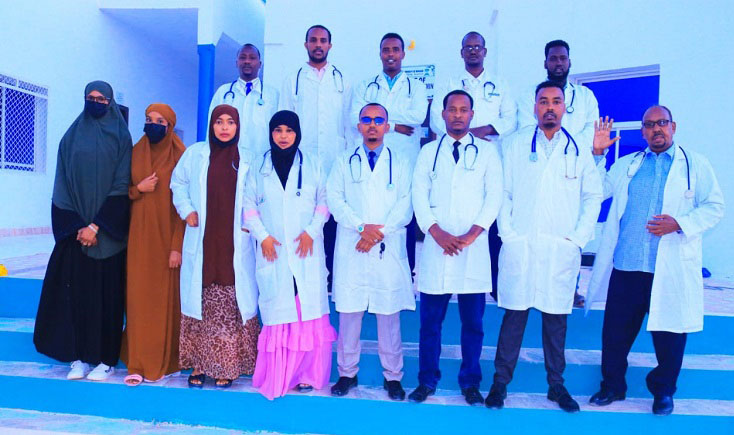
The University through the Department of Clinical officer is centered on complementing the commitment to improving healthcare provision, and labor market demand, among others, by introducing programs in the field of medicine that provides technical training to medical practitioners on direct examination of patients.
The programs were designed as a mandatory requirement for technical training programs among the initiatives of the Government to modernize qualifications within the health sector and optimize transferability within and across sectors and disciplines.
Philosophy
- Provide a sound progression in medical sciences and develops ability in communication and entrepreneurial skills to give the graduates an opportunity for further training;
- Allow for the development of skilled and professional career education with a strong base in clinical medicine and other allied health disciplines
- Offer a wide base of inter-disciplinary aspects in the fields of health with a significant link in Information and Communication Technologies (ICT);
- Enhance graduates’ awareness towards professional, legal, and socio-economic influences in the delivery of health care services;
- Enable graduates to be self-confident and acquire competencies that solve day-to-day problems;
- Satisfy the specified standards in line with the National Technical Awards system, and Impart creativeness and strong ability for the graduates to undertake given tasks competently.
Program Objective
- To form a flexible course that is responsive to the dynamic and rapidly changing world of work and society;
- To provide the skills, knowledge and behaviors that are vital to the stakeholders and
specifically to the employers and the community; - To entice self-realization and teamwork skills that enable graduates to be employable and team players;
- To build capacity to facilitate the implementation of the National Health Policy and its
accompanying Operational Guidelines linked to global initiatives; and to propagate and promote moral, legal, ethical conduct and professionalism among health
workers within the national legal framework and practice.
